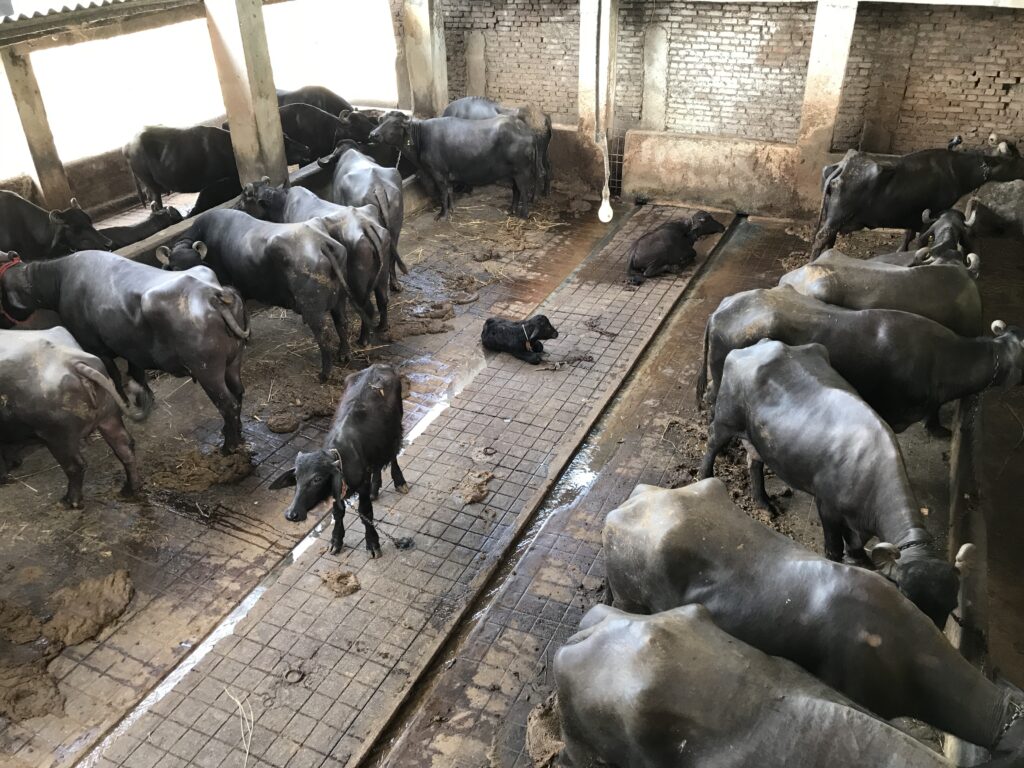Animals have feelings too!
In nature, family bonds are a fundamental aspect of social cohesion and support among animals. From elephants who exhibit intricate matriarchal structures to chickens who form tight-knit pecking orders, family dynamics play a vital role in the lives of many species. In industrialized animal agriculture, these natural family units are often torn apart and disrupted.
One of the most striking examples of this violation is seen in the pig industry. Pigs are highly social and intelligent animals that form complex family groups. In natural settings, piglets stay close to their mothers, learning essential behaviors and social skills. However, in factory farms, mothers are confined to gestation crates, unable to interact with their piglets or exhibit maternal care. The piglets are often separated from their mothers at a young age, causing distress and disrupting their natural family bonds.
Similarly, in the poultry industry, chickens are bred in large-scale operations where family bonds are disregarded. Chicks are hatched in industrial incubators, deprived of the warmth and security of a mother hen. As they grow, they are housed in overcrowded conditions, unable to form stable family groups or engage in natural social behaviors.

The dairy industry also contributes to the violation of family bonds. Cows, known for their strong maternal instincts, are repeatedly impregnated to maintain milk production. Calves are often separated from their mothers shortly after birth, depriving them of the opportunity to form a bond and learn from their mothers.
These practices not only cause emotional distress to individual animals but also disrupt the social fabric and natural order within animal communities. Family units that are essential for support, protection, and learning are fragmented, leading to stress and behavioral problems among farmed animals.
Furthermore, the industrialized approach to animal agriculture disregards family bonds and perpetuates a cycle of cruelty and suffering within the industry.
It’s imperative to reflect on the plight of these animals and consider the ethical implications of our food choices. Choosing plant-based alternatives contributes to a more compassionate world where family bonds are respected across species.
Pledge to try veg

